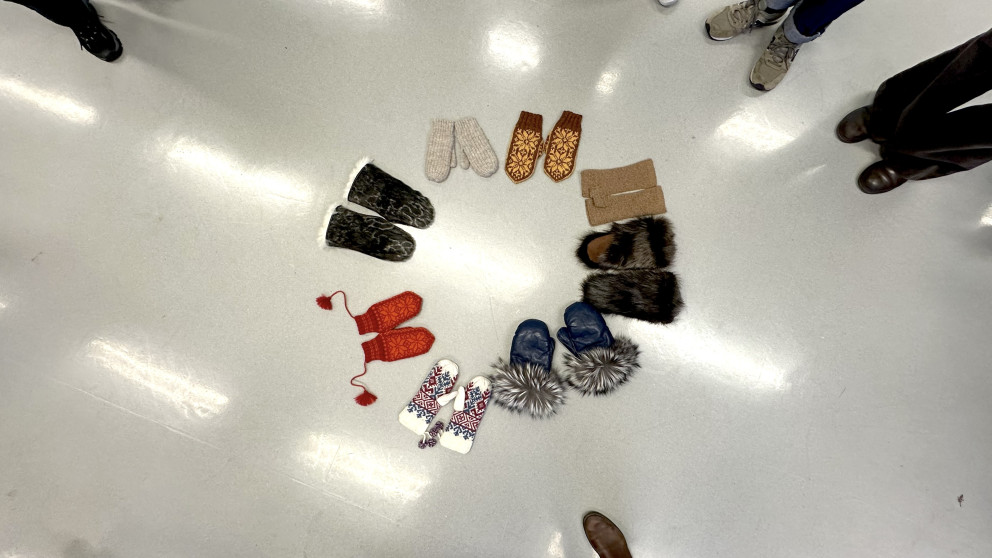Ethics and Methods in Arctic Transformative Research (WEMA)
Duration

The research group reIMAGINE Arctic Research has organized the biennial workshop series "Ethics and Methods in Arctic Transformative Research (WEMA)" in cooperation with various partners since 2020. WEMA I and WEMA II took place online due to the COVID-19 pandemic in 2020 and 2021. WEMA III was co-organized with the University of Oulu and hosted as an in-person event in Oulu, Finland in 2023. Until now, the WEMA workshop/conference series has successfully brought together over 100 researchers from all disciplines, Indigenous rights holders, policymakers, activists, and others with an interest in Arctic research and research ethics to discuss co-creative and collaborative approaches to Arctic research.
Background
Arctic research has seen growing interest in co-creative and collaborative approaches in recent years. Awareness about the harms of past and present practices and the need to decolonize institutions and methods and to Indigenize research has increased. Experience has been gained in bringing together different forms of knowledge systems and expertises, illustrating clearly that co-creative projects can produce better results with greater societal relevance. Still, research conducted on Indigenous lands often continues to primarily benefit researchers from outside the Arctic (ITK, 2018). Institutional and other barriers hinder Indigenous-led and co-creative research, and Indigenous Knowledge is regularly misrepresented as 'non-scientific' and misunderstood in research processes (Pfeifer, 2017; Wheeler et al., 2020). Research questions and funding agendas continue to be defined outside the Arctic, dismissing the fact that Indigenous peoples are the original stewards of (Houde et al., 2022) and hold immense knowledge about Arctic lands, waters, and ecosystems.
Co-development of sessions and main objective
WEMA workshop/conference sessions are based on needs identified in reflection sessions held during previous WEMA gatherings, input received from members of the respective organizing committee, and feedback given by even participants. The underlying main objectives of the WEMA series are:
- To critically reflect on the state of current debate and practice around ethics, research relations, and methods in Arctic research.
- To share and discuss positive and negative experiences.
- To identify issues that require further attention.
- To establish connections and relationships for future collaboration.
To ensure that exploitative research practices are addressed, and research relationships are improved, it is necessary to address the 'how to' of co-creative research. Questions addressed in previous WEMA workshops/conferences have included the following:
- How can meaningful and trustful collaboration be achieved across academic disciplines?
- How can we address data sovereignty?
- How can research relationships be maintained between funding periods?
- How do funding schemes need to change to enable co-creation?
- What does co-creation mean from Indigenous perspectives?
The work of the reIMAGINE Arctic Research group builds on research relationships established and strengthened during WEMA instalments. Concrete outputs from the WEMA series are research projects, such as Dávgi and Njuolla-Qarjuk, that were developed in consequence of the debates held during WEMA sessions, making sure that Indigenous partners are included from the beginning and that their research needs are met. The co-writing of an academic article (Doring et.al 2022), and a policy brief for the EU commission (Hermann et al. 2023) are also closely linked to the work done at WEMA.
Outlook
If you are interested in co-organizing a future WEMA event, have questions or comments, or want to talk about any aspects of this events series, please get in touch with reIMAGINE Arctic Research. We very much welcome new perspectives, recommendations for future instalments, as well as critical feedback on our previous work. WEMA IV is planned to take place in Autumn 2025 but will very likely be postponed to 2026. We look forward to hearing from you.


